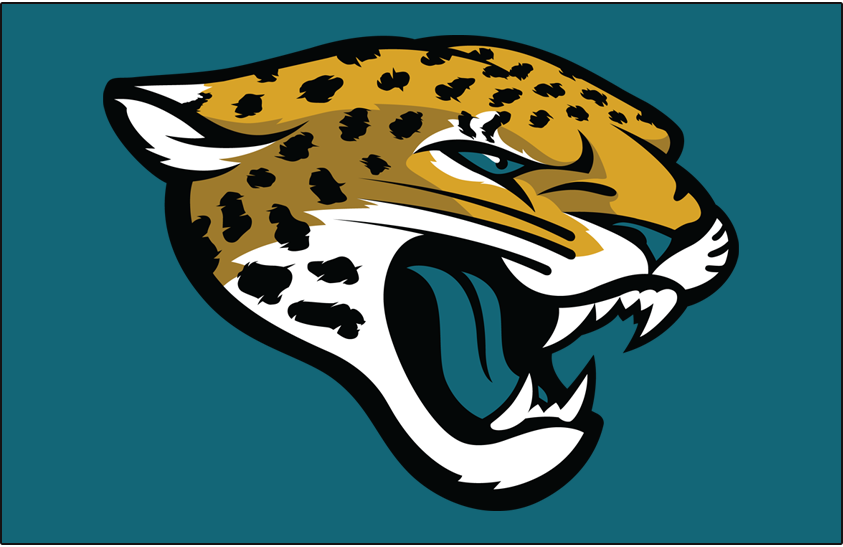Get your telescopes ready, because on March 21, 2021 an asteroid under the name 2001 FO32 is scheduled to swoop past Earth. This is the biggest and fastest asteroid to pass Earth this year.
The asteroid will be traveling so rapidly that telescopes might be able to detect its movement as it passes. Asteroid 2001 FO32 is comparable in length to the Golden Gate Bridge, and on March 21, it is scheduled to pass Earth at 16:03 UTC.
To translate 16:03 UTC to your local time, click here.
Asteroids are remnants from when the Sun and planets formed.
At its closest, 2001 FO32 will be about 5 lunar distances away, which is about 1.3 million miles from Earth. Lunar distance is defined as the angular distance of the moon from the sun, a planet, or a star, used in finding longitude at sea.
The asteroid has been labeled as a ‘Potentially Hazardous Asteroid,’ but experts say it has absolutely no risk of impact. John Hewitt is a Professor of Physics at the University of North Florida with a Ph.D. in Physics & Astronomy.
He said that ‘Potentially Hazardous Asteroids’ are those that are about less than 150 meters in size and that pass close enough to Earth. Asteroids under this label are also less than 7 billion meters away or so, which is about 20 times the distance to the Moon. This label is designed to warrant enough concern, so they can be monitored in case their orbits change and they potentially get closer to Earth.
Even though this asteroid currently has no risk of impact, if it were to impact, Hewitt said:
“It would be very, very bad, but probably not catastrophic. The asteroid that is thought to have wiped out the dinosaurs, 65 million years ago, was 10 times larger in size. One such impact happens on Earth every half a million years or so. It would leave a crater ~10 km across, if it impacted the ground. Like a large volcanic event, it could potentially cause global cooling and affect agriculture. Of the known asteroids, we know we are safe from an impact for at least the next 100 years. Of course, there are many asteroids and comets that we don’t know about. Even if we try to account for those we haven’t identified yet, the odds of us dying because of an asteroid impact are less than 1 in a million.”
According to Hewitt, 2001 FO32 asteroid’s orbit isn’t predicted to intersect with another planet. He said to keep in mind that this asteroid has been safely floating through space for 4.5 billion years.
Asteroids do not have the tendency to change courses depending on how fast or how large they are. Hewitt said that it is possible for any object floating through space to be deflected by the gravity of other objects, if it passes by at a close enough distance. Though the larger the asteroid, the smaller its change in speed and direction will be. This one is both big and fast, so it’s locked into its orbit, and not a risk.
This asteroid’s orbit does intersect with Earth’s.
“Presumably some day in the distant future, it may collide with Earth. It might also safely avoid a collision for another 4.5 billion years, at which point the Sun will have grown into a Red Giant star, with a radius that extends out to around Earth’s orbit, likely swallowing little 2001 FO32, and potentially the Earth as well,” said Hewitt.
___
For more information or news tips, or if you see an error in this story or have any compliments or concerns, contact editor@unfspinnaker.com.
















